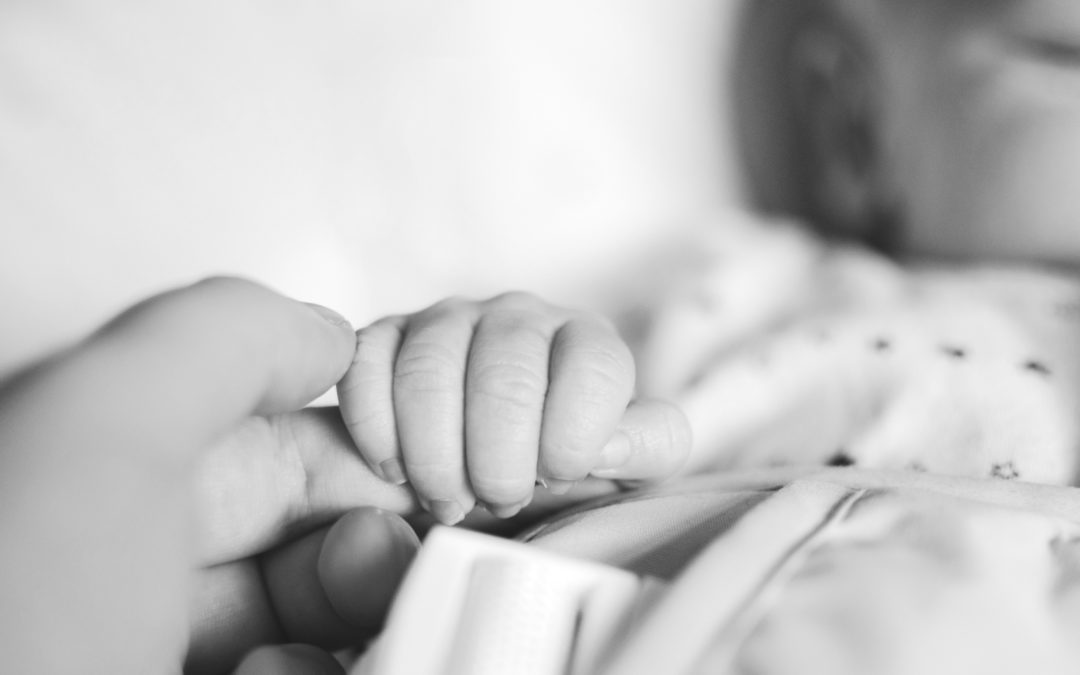
After months of broken sleep, your little one has started to self-settle and is finally sleeping through the night. You feel like a new person and life is calm again after having a good night’s sleep. With renewed energy, your days flow and you can face any obstacles that may arise with a fresh pair of eyes. Most importantly, you are well-rested and have a happy baby to enjoy every waking minute with. Then out of the blue your baby starts to wake during the night without any warning!
Whilst your babies sleep pattern may be affected by many reasons such as change of routine, illness, holidays, development leaps etc, we suggest taking a step back and working through a checklist as a process of elimination to help pinpoint the reason.
1 – Is your baby’s room too hot or too cold? If they are too cold, add an extra layer or take a layer off if they are too hot.
2 – Is there any light coming into their room from outside? If so, put up a black out blind to see if that helps to encourage deeper sleep as we all sleep best in a mostly dark room.
3- Is your baby teething? If they are, this is not a reason to stop them from sleeping so offer them pain relief as a short term measure and carry on!
4 – Is your baby waking more often following an illness? If so, once they are 100 percent better, we recommend spending the following nights getting your back your babies sleeping back on track following your normal bedtime routine.
5 – Is your baby waking more frequently after a holiday? This is normal. While you are on holiday, their routine often goes pear shaped as you enjoy family time and a well-deserved break from normal life so do what you need to do to get your baby to sleep in a new environment/ time zone. As soon as you are home and they have recovered from any jet lag, you need to get back to doing what you always did before your holiday. It will take a couple of unsettled nights to do so, but the short-term upset is well worth the long night’s sleep ahead of you.
6 – If your baby has a physical development change such rolling from back to front, front to their back, learning to crawl, pulling them self-up from a sitting position, they will want to practice their new skill at every opportunity. If they are safe and not upset, they will naturally work this out and go back to self-settling and sleeping through the night.
7 – A development change can also impact their sleeping. At four months old, a baby’s sleep architecture changes and starts to form a more adult pattern. The amount of deep sleep reduces and light sleep increases and this means they may naturally wake more often.
8- Is your baby going through a growth spurt? You may notice during the day they are a little grumpy, increasingly hungry and have disrupted sleep patterns. Growth spurts are short lived. We would suggest sticking to their normal routine and increase their calorie intake at mealtimes.
9 – Look at your baby’s routine and adjust accordingly to the right age and stage of development. As they grow, their nap time duration will reduce. If they are napping for too long during the day, this will affect their night-time sleep. Also look at their calorie intake to eliminate hunger and introduce solids when appropriate.
Our babies are ever developing and changing especially in the first two years. As they reach milestones or figure out something new, they may test the familiar boundaries around them to see if they stay the same. If your “normal” response changes, it becomes more unsettling and an unwanted behaviour forms. Crawling, walking, talking etc can all cause some sleep disruption but it’s even more important that you stick to your normal bedtime routine and settling so your child feels reassured by the consistency in your response.
After you have eliminated any obvious reasons for their waking and given them some time to adjust to the change, we would then look at their behaviour around sleep and would be more than happy to help getting you all sleeping through the night again. Please remember you need sleep as do your babies.


Recent Comments